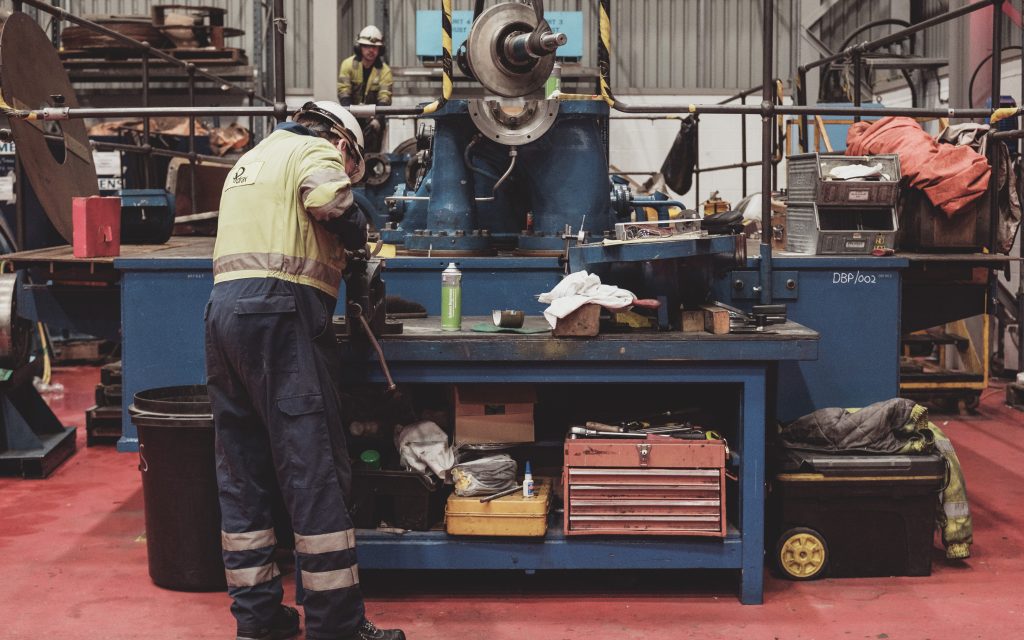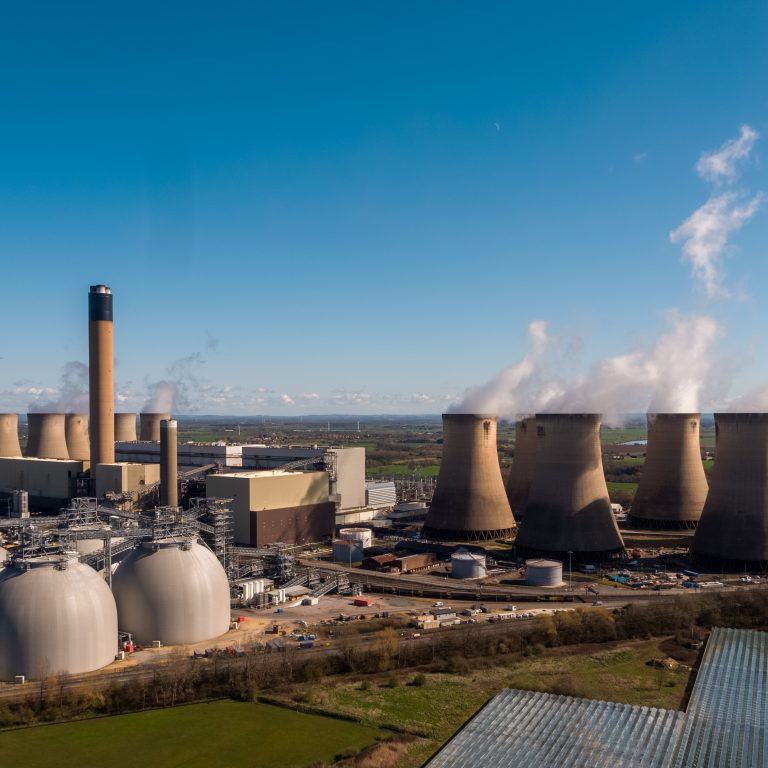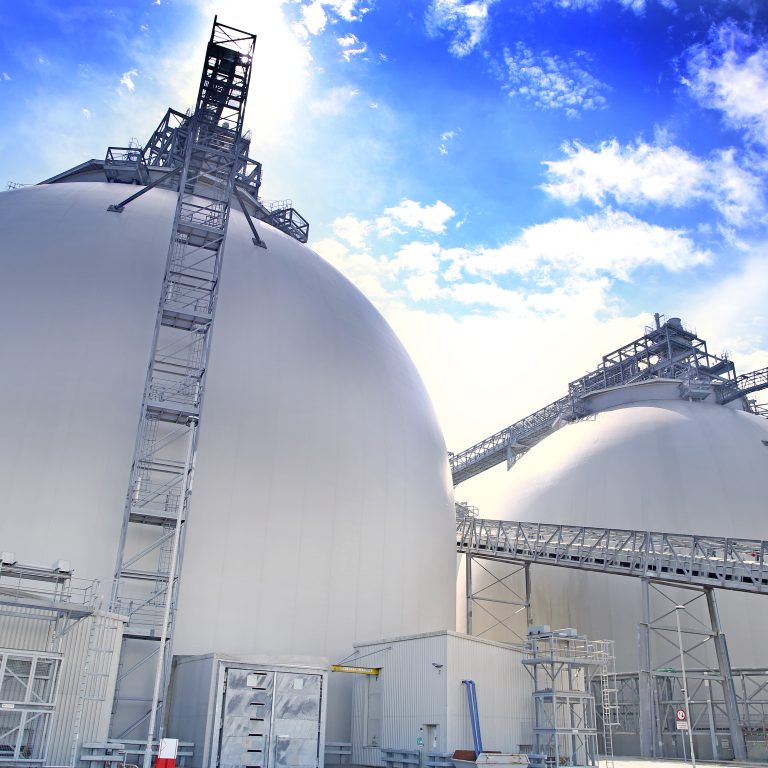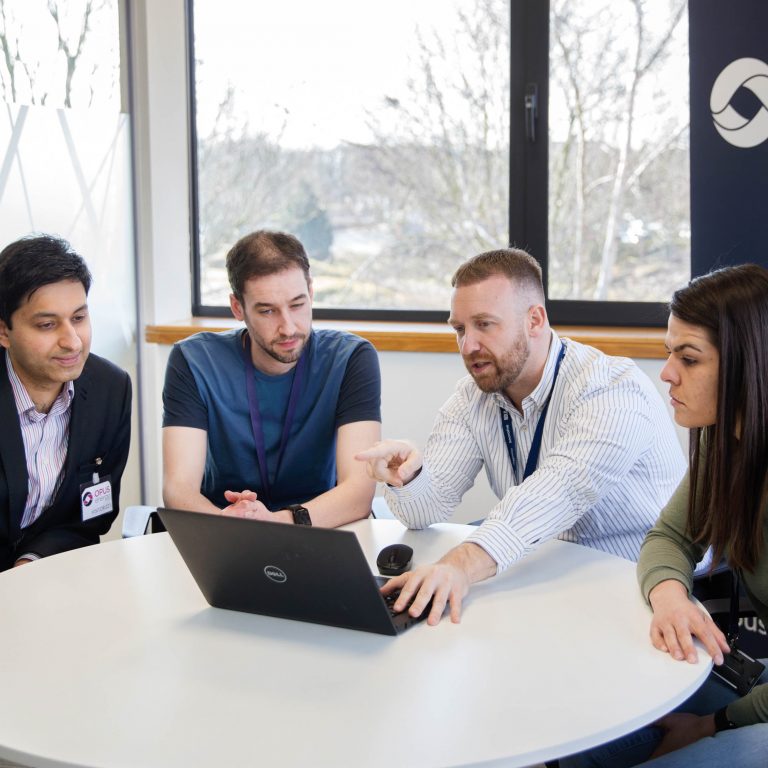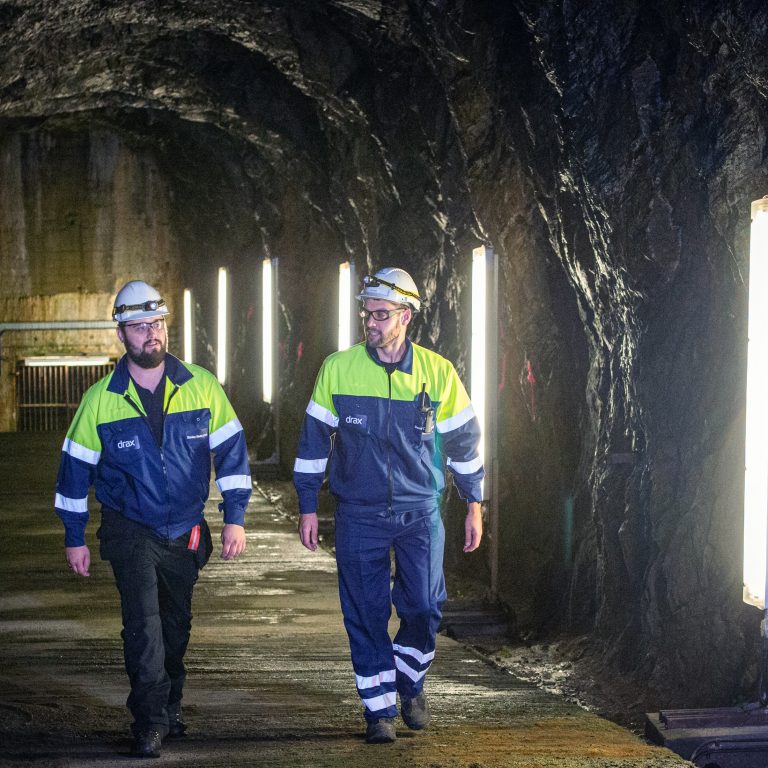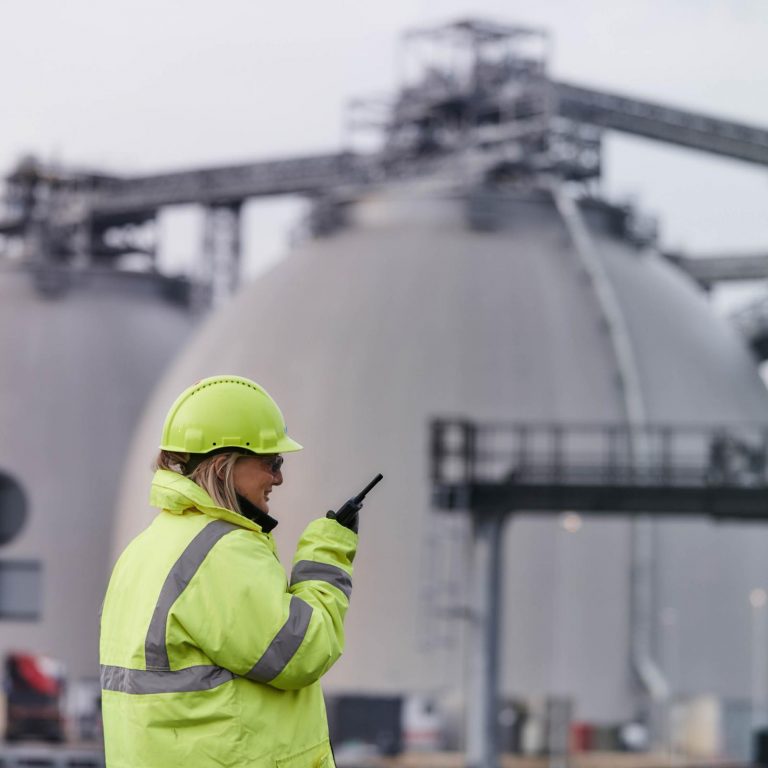Whether powering homes across Britain or helping stabilise the national grid, Drax Power Station’s impact to our electricity network is far reaching. But it doesn’t stop at generating and supplying power.
A new report by Oxford Economics, commissioned by Drax, has found that in addition to its important role powering Britain, Drax Group also provides an economic boost to areas across the country.
Here are three ways Drax Group contributed to the UK economy in 2016.
£1.67 billion added to UK GDP
Drax Group contributed an estimated £1.67 billion to UK gross domestic product (GDP) in 2016, an increase from £1.24 billion in 2015. Of that figure, £301 million was added directly – as a result of the group’s own activities such as the generating and selling of power.
And while this is an impressive 6.1% increase on 2015, the numbers are even more significant when looking at the benefit beyond the group’s core activities.
In 2016, Drax Group’s spending with external suppliers such as rail freight wagon manufacturer WH Davis and IMServ, which supplies Automated Meter Reading technology to Opus Energy, reached £872 million. A further £36m was spent by these suppliers across their own supply chain to help them provide their services to Drax.
There is an even greater impact when considering how this money filters through employees and suppliers into local retail, leisure and service economies. Something which is especially important when the number of jobs Drax supports is taken into account.
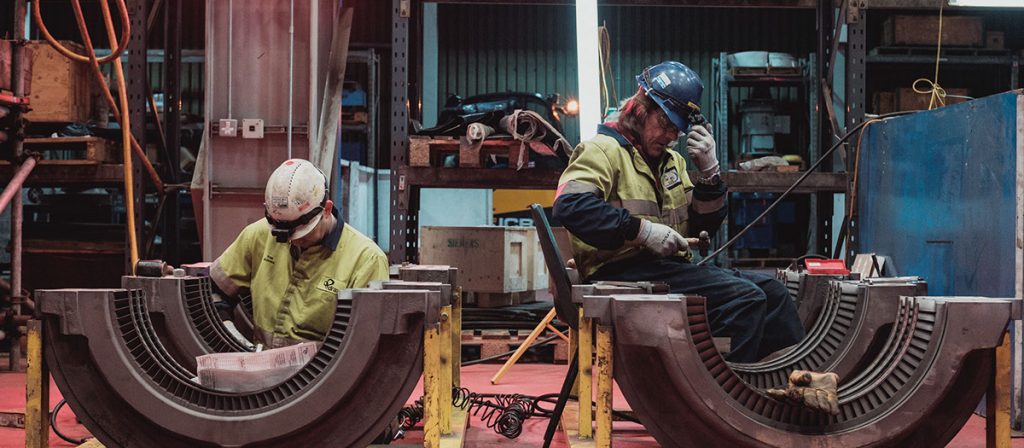
18,500 jobs supported across the country
Drax Group directly employed more than 2,000 people in 2016, but across the country it supports far more – 18,500, a significant increase from the 14,150 of 2015.
These jobs are primarily in high-skilled manufacturing, engineering, construction, IT, professional business services and transport. While 3,650 of these were in Drax Power Station’s native Yorkshire and Humber area, this year saw the group’s overall impact extend much further.

An impact beyond the ‘Northern Powerhouse’
Roughly a quarter (£419 million) of Drax’s total contribution to UK GDP was generated in the Yorkshire and the Humber region. When the North West and North East were included, the company impacted the northern economy to the tune of £577m and supported over 6,000 jobs.
Yorkshire and the Humber was closely followed by the East of England, the home of Haven Power, which saw the second highest impact – registering more than £200 million contributed in GVA – and London and the East Midlands.
This is thanks in part to the growing activities of Drax Group companies. Both Haven Power and Opus Energy (which became a part of Drax Group in February 2017), are helping the UK move towards a low carbon future by supplying an increasing amount of British companies with renewable power. With offices in Ipswich, Oxford, Northampton and Cardiff, Haven Power and Opus Energy highlight how Drax Group businesses are direct drivers for local GDP and employment. Opus Energy supported 1,600 jobs and £130 million in GVA in Wales, while Haven Power contributed £232 million to the East of England.
These numbers are noteworthy, but what makes them all the more significant is how this translates into tax revenue. Operations at Drax Group generated an estimated £327 million for the UK’s public purse – equivalent to the salaries of almost 14,000 nurses or 11,900 teachers.
As the group continues to grow – adding new power generation assets to the national electricity transmission system and helping more businesses use renewable power – Drax can increase its positive impact on the UK’s economy and help to make the country’s low-carbon future a reality more quickly.
To find out more about how Drax has benefited the UK’s economy, visit draximpact.co.uk. The full 2016 report can be downloaded here. Interested in a career at Drax Group? Please visit Careers to find out more.






